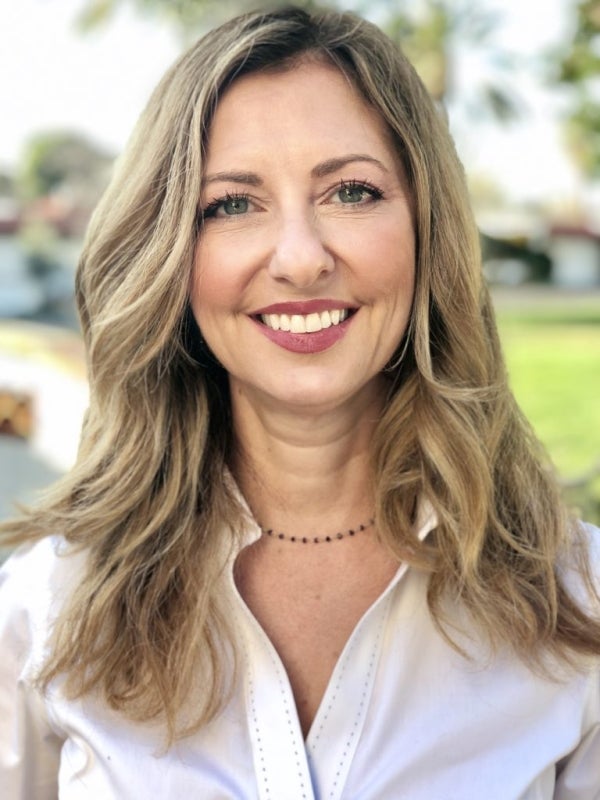In this talk, we will present new methods for addressing network utility maximization (NUM) problems at scale. These problems involve finding the optimal allocation of resources for a large group of network participants while adhering to certain resource constraints. We will focus on the challenges of dealing with extremely large networks, which require breaking the problem down into multiple layers of communication and computation. The first part of the talk will cover methods for analyzing the convergence of these hierarchical decompositions without assuming that the lower layers have already reached optimality. The second part of the talk will examine the case of non-convex local utilities and constraints, and how the Shapley-Folkman Lemma and Starr corollary can be used to simplify these problems and make them amenable to a hierarchical approach. We will also discuss how these methods can be applied to communication networks and power systems.


